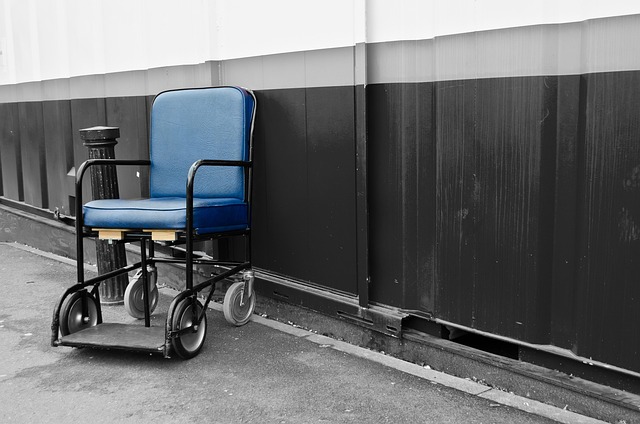Oregon's robust child welfare system prioritizes vulnerable children's rights with a dedicated legal framework led by the DHS. Access to Oregon legal assistance is vital, offering free or low-cost representation through public defenders and specialized non-profit organizations. These services cater to diverse populations, helping them navigate complex procedures, advocate for essential services, and ensure fair outcomes in custody battles and guardianship matters, ultimately prioritizing the well-being of Oregon's young residents.
“In Oregon, ensuring the well-being of children involved in welfare cases is paramount. This article explores the vital role of legal support services in navigating the state’s unique child welfare system. We delve into Oregon’s legal framework, clarifying who qualifies for assistance and providing a comprehensive guide to accessing legal aid. Understanding your rights and options is crucial, especially when dealing with sensitive matters. Discover how Oregon legal assistance can make a difference in outcomes for children and families.”
- Understanding Oregon's Legal Framework for Child Welfare
- Who Qualifies for Legal Assistance in Oregon?
- Navigating the Process: Getting Legal Support for Child Welfare Cases
Understanding Oregon's Legal Framework for Child Welfare

Oregon, like many states, has a comprehensive legal framework designed to protect and promote the welfare of children. At the heart of this system is the Oregon Department of Human Services (DHS), which oversees various services, including child protection, adoption, and foster care. The state’s laws are structured to ensure that children in need have access to legal representation, aiming to safeguard their rights and best interests.
Oregon legal assistance plays a pivotal role in this process, providing critical support to both vulnerable children and the agencies working on their behalf. This includes securing custody arrangements, navigating complex legal procedures, and advocating for services like therapy or specialized education. With dedicated legal aid organizations and attorneys specializing in child welfare, Oregon ensures that its young residents receive the legal backing necessary to thrive in a safe and nurturing environment.
Who Qualifies for Legal Assistance in Oregon?

In Oregon, legal assistance for child welfare cases is available to individuals and families who meet specific criteria. Eligibility is determined by factors such as income, family size, and type of case. Those who earn below 125% of the federal poverty level (FPL) are generally eligible for free legal services provided by public defenders or non-profit organizations specializing in family law. This includes low-income parents involved in child protective proceedings, adoption cases, and guardianship matters.
Additionally, Oregon offers legal assistance programs tailored to specific groups, such as survivors of domestic violence, individuals with disabilities, and veterans. These programs provide free or low-cost legal representation, ensuring that vulnerable populations have access to skilled legal counsel during critical child welfare matters.
Navigating the Process: Getting Legal Support for Child Welfare Cases

Navigating the complex legal landscape in child welfare cases can be daunting for those involved, especially when it comes to ensuring the best outcome for the child. In Oregon, legal assistance plays a pivotal role in supporting families and guardians by providing expertise tailored to these unique circumstances. The process begins with identifying qualified attorneys or legal aid organizations specializing in child welfare law, who can offer guidance throughout the case.
Oregon legal assistance programs are designed to help individuals navigate the system effectively. These services provide an essential safety net, offering free or low-cost representation, advice, and support. Whether it’s assisting with custody battles, termination of parental rights, or ensuring compliance with court orders, legal aid organizations ensure that all parties have a fair chance at resolving their cases successfully. By accessing these resources, families can focus on the well-being of their children while receiving the necessary legal backing.
